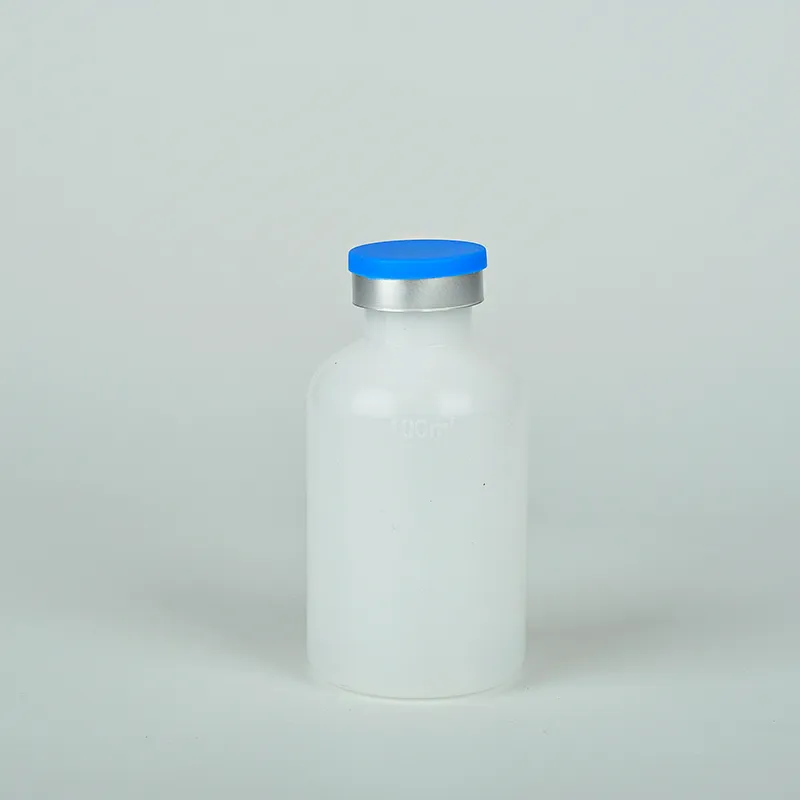Versatile and Accurate Dosage Solutions with Pharmaceutical Dropper Bottles for Liquid Medications
The Versatility and Importance of Pharmaceutical Dropper Bottles
Pharmaceutical dropper bottles are integral to the health and wellness industry, playing a critical role in the delivery of liquid medications. These specialized containers are designed to provide precise dosing, ensuring that patients receive the accurate amounts of liquid medicines they require. Their versatility stretches across various applications, from traditional liquid medicine to essential oils and tinctures, making them a staple in both pharmacies and homes.
Design and Functionality
Pharmaceutical dropper bottles typically feature a standardized design that includes a glass or plastic bottle with an attached dropper. The dropper consists of a suction bulb and a slender neck, which allows users to dispense liquid in controlled doses. This design is particularly important for liquid medications where precise measurement is crucial. For instance, in situations where infants or young children are involved, the ability to administer the exact dosage can significantly impact efficacy and safety.
The materials used for these bottles vary based on the type of liquid they contain. Glass bottles are often favored for their inert properties, preventing any interaction with the medication inside. However, plastic dropper bottles are gaining popularity due to their lightweight nature and resistance to breakage. Both materials offer the advantage of being easy to clean and refill, which is beneficial for both manufacturers and consumers seeking sustainable options.
Applications in Medicine
In the world of pharmaceuticals, dropper bottles are used for an array of liquid formulations, including but not limited to solutions, serums, and taste-enhanced medicines. The ability to precisely administer liquid formulations is essential for medications like eye drops, nasal sprays, and various oral solutions. Each of these applications requires different delivery mechanisms, and dropper bottles provide the flexibility to meet these needs.
For example, in pediatric medicine, caregiver-administered liquid medication often utilizes droppers to avoid the risks associated with overdosing. The design of the dropper bottle ensures that even small quantities can be accurately measured. Similarly, for older adults or individuals with limited dexterity, dropper bottles can simplify the process of taking medications while minimizing the chances of spills or waste.
pharmaceutical dropper bottles

The Role in Homeopathy and Natural Remedies
Beyond conventional medicine, pharmaceutical dropper bottles have found a firm foothold in the fields of homeopathy and natural remedies. These bottles are widely used to dispense herbal tinctures, essential oils, and other holistic treatments. The dropper mechanism allows users to control the amount of product released, which is essential for those relying on specific dosages to achieve desired health outcomes.
Moreover, the transparency of many dropper bottles can be beneficial for identifying contents, an important aspect when dealing with numerous natural remedies that may have similar appearances. This visual transparency also enables the monitoring of remaining quantities, ensuring users can manage their supplies effectively.
Sustainability Considerations
As the global focus shifts toward sustainability, pharmaceutical dropper bottle manufacturers are increasingly considering eco-friendly materials and practices. Innovations in biodegradable plastics and recyclable glass are emerging, aiming to reduce the environmental impact of these essential containers. Additionally, refillable dropper bottles offer consumers the opportunity to minimize waste and cost over time, aligning with modern sustainable practices.
Conclusion
Pharmaceutical dropper bottles are more than just simple containers; they embody the intersection of precision, convenience, and versatility in the dispensing of liquid medicines. From their role in delivering accurate dosages of vital medications to their application in homeopathic and natural remedies, these bottles are essential in both clinical and domestic settings. As we look toward a future that prioritizes environmental sustainability, the evolution of dropper bottles will likely continue, enhancing their utility while minimizing ecological impact. The significance of these small, yet powerful tools in healthcare cannot be overstated, underscoring their importance in fostering safe and effective medication practices.
-
Aesthetic Makeup Spray Bottles | Fine Mist Empty RefillableNewsAug.19,2025
-
White Plastic Veterinary Vaccine Vials | Lab Liquid BottlesNewsAug.18,2025
-
Plastic Medicine Liquid Bottle: Secure Flip Top Drug VialsNewsAug.17,2025
-
Durable 250ml Blue Plastic Vaccine Vial for Lab & Vet UseNewsAug.16,2025
-
Sterile Virus Sample Tubes: Secure & Reliable Specimen CollectionNewsAug.15,2025
-
White 250ml Plastic Vaccine Vial for Lab & Vet MedicineNewsAug.14,2025
























